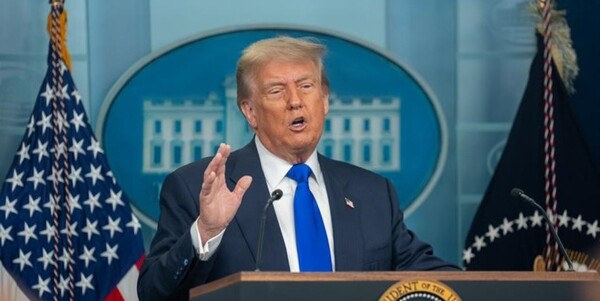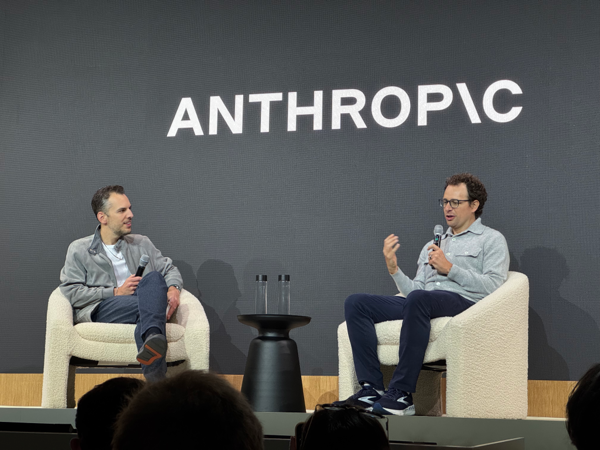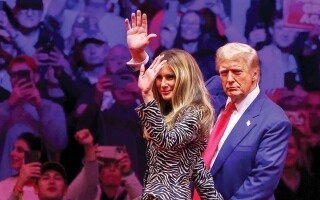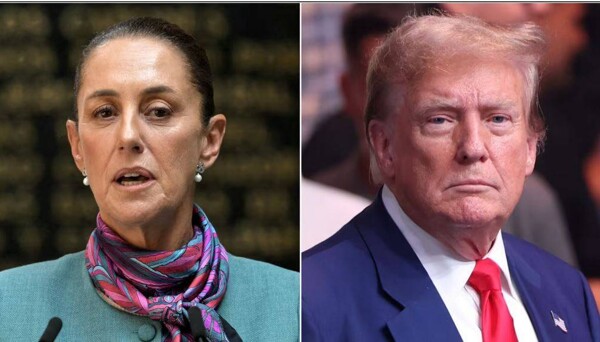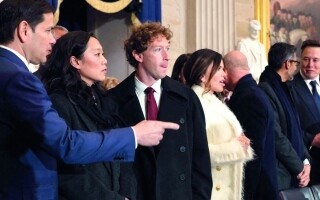
Like Meta, the company Amazon has contributed millions of dollars to the "Inauguration Committee 2025" and announced that it plans to release a documentary film about the former First Lady of the USA, Melania Trump. Elon Musk, who contributed over 250 million dollars last year to the election of Trump, is now also one of his main advisors.
At the conference in December, Trump was surprised, saying: "In the beginning, everyone fought with me," adding: "Now everyone wants to be my friends," and indeed, the amount of money flowing to Trump has increased. According to data from Public Citizen, in the new circle of Trump's advisors, there are more than 12 billionaires, including 16 people from the upper social class in America, whom he has invited to his administration.
Despite the fact that the Democrats also had close ties with the wealthiest sponsors, inviting them to political discussions and offering them special privileges, in the past, the richest people in the country never played such a central role in shaping the new administration.
This year, the "Inauguration Committee 2025" managed to raise no less than 225 million dollars and spend less than 75 million dollars on the festivities, according to an informed source. On the day of Donald Trump’s inauguration in 2017, a group of major donors, including billionaire Miriam Adelson and chairman of the National Republican Committee Todd Ricketts, gathered at a private event, away from the public ceremonies.
This type of event didn’t attract the attention of Facebook founder Mark Zuckerberg, who welcomed Trump’s first presidency, noting that the parents of his wife were among the immigrants, on whom Trump's executive orders were imposed. He wrote a letter expressing his concern, a week after Trump took office, saying: "These questions are personal for me."
However, this month, when sponsors themselves planned the second inauguration of Trump, Zuckerberg managed to become an active participant in their official event. At the event, they invited everyone, creating interest around the event, and at the end, they received numerous comments from people who were not invited.
Recently, the general director of Meta, Zuckerberg, sat down with potential ministers of the new Trump cabinet during an inaugural event, to which Trump himself invited him, according to the words of two informed sources, represented by other sources, with whom the historian, participating in this story, and who asked not to disclose their identity, at that time as a representative of Meta refused to comment.
Zuckerberg was not alone; at Trump’s inaugural events, representatives of Silicon Valley elite participated — leaders from Apple, Google, TikTok, as well as Amazon director Jeff Bezos and Tesla and SpaceX general director Elon Musk, along with many other tech magnates who also attended the ceremonies in the Catholic church of St. John.
Later, they joined Trump’s team directly behind the scenes of future presidents, when he officially took power after the inauguration, as representatives of wealthy families. This opened a new, noticeable dynamic in Washington, where wealthy "friends" and technology billionaires, partly, were more supportive of Trump than they had been previously in his first term.
The new president is satisfied with his "capture" and this prepares for the possibility of a second term for Trump in the White House through personal deals with high-ranking business and technology directors, which indicates a new type of elite management in America.
Last year, Trump entered Washington as a challenge, addressing in his inaugural address the "American chaos," as he expressed himself, and left before the indictment four years later, accused of insurrection in Congress and attempts to violate the constitutional structure. He returned to the White House, with a clear premonition of re-entering the collapsing states and popular voting, supported by Republicans in Congress and financial support from sponsors of companies that helped the committee raise twice as much as in 2017.
On the other hand, independent opposition figures who criticized the Trump inauguration in 2017 limited their sending of around a thousand protesters to the streets in several unnoted gatherings. The Democratic opposition, which previously viewed Trump’s first term as a significant threat, is now left without a strategy or a clear leader.
As well as practically all of them, attempting to unsuccessfully outmaneuver Trump, including his party, former competitors and allies in Congress and former aides, technological elites decided it would be better to strive for Trump’s endorsement.
Just a couple of months ago, Trump released an illustrated book, in which there were sharp comments addressed to Zuckerberg for the donation of 420 million dollars in 2020 for funding local electoral programs during the coronavirus pandemic, which Trump called "the true conspiracy against the president."
He wrote about Zuckerberg: "We follow him attentively, and if he does something illegal this time, then he will spend the rest of his life in prison." However, after Trump’s election, Zuckerberg battled for the trust of the new president, directing himself to Trump’s residency in Florida, inviting another Trump associate to the board of directors of his company, highly valuing the importance of Trump’s utilities and opting out of the fact-checking program in Meta, which Trump’s associates considered prejudged, and also personally worked with Trump on the attempt to enable public access to the legislative resolution of 2021, blocking his access from the platform, the case that lawyers never considered irrelevant.











